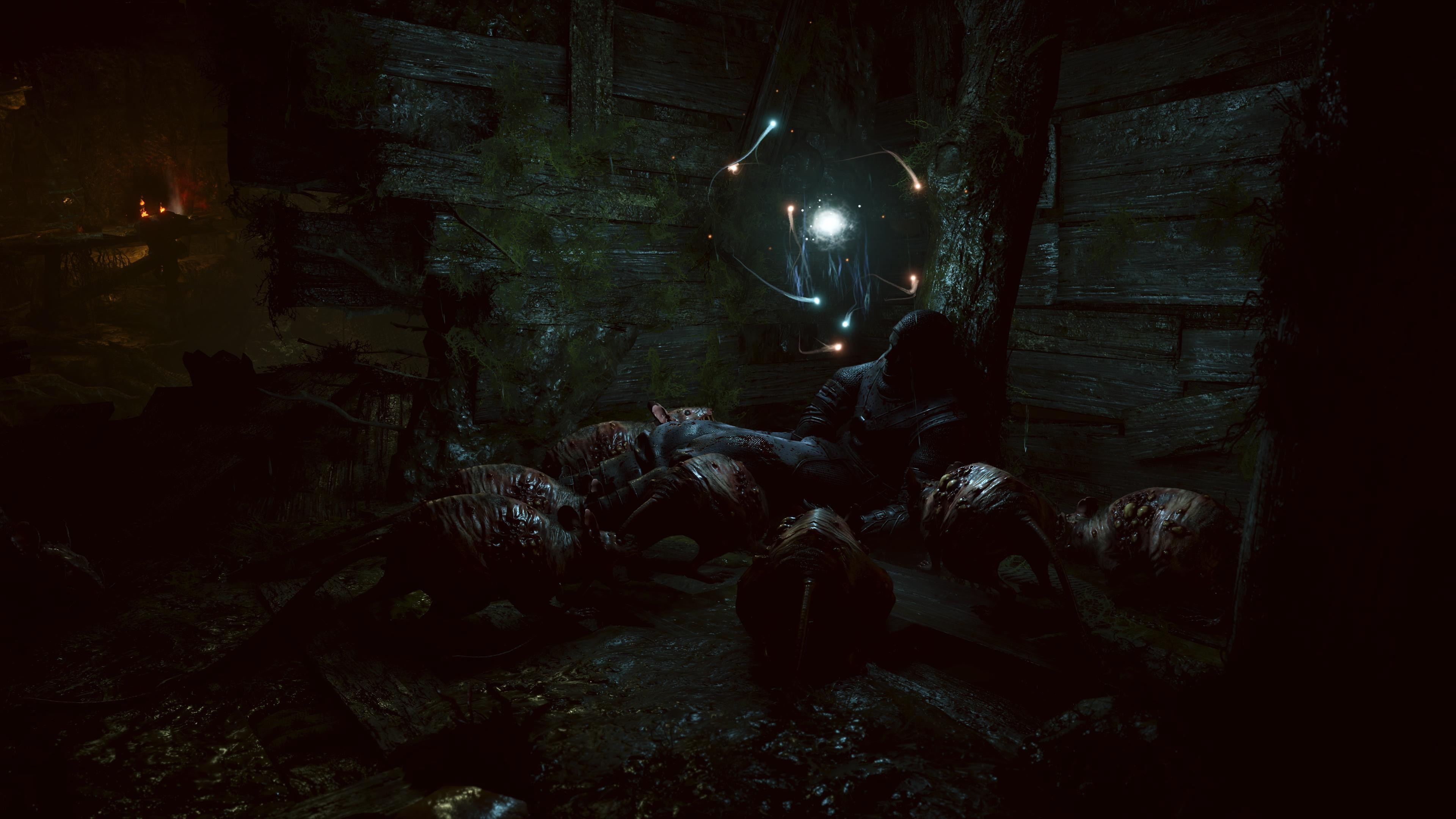Demon’s Souls and Elden Ring, both masterpieces from FromSoftware, offer challenging yet rewarding gameplay experiences. But which one presents a steeper climb for players? While Elden Ring boasts a vast open world and refined mechanics, Demon’s Souls retains a unique claustrophobic intensity and unforgiving design that harkens back to classic survival horror. This article delves into the core differences between the two, examining their level design, combat encounters, and overall atmosphere to determine which game poses the greater challenge.
Level Design: Open World vs. Focused Hub
Elden Ring’s expansive open world, filled with optional bosses and hidden areas, provides freedom but can also overwhelm. Demon’s Souls, with its hub-based structure and distinct levels, offers a more focused, linear experience. While seemingly less daunting in scope, Demon’s Souls’ intricate level design, often featuring tight corridors and devious traps, can prove incredibly demanding, especially for newcomers. The lack of a map in Demon’s Souls further amplifies the difficulty, demanding meticulous exploration and memorization of each area. In contrast, Elden Ring’s open world, while vast, allows for more flexibility and the opportunity to return to challenging areas later.
Combat Encounters: Claustrophobia vs. Grand Scale
Both games share the signature Soulsborne combat, emphasizing patience, timing, and strategic resource management. However, the environment significantly impacts the combat experience. Demon’s Souls’ claustrophobic levels force close-quarters combat, often against multiple enemies in confined spaces. This intensifies the pressure and demands precise execution. Elden Ring, with its larger arenas and opportunities for mounted combat, allows for more maneuverability and strategic retreats.
World Design Philosophy: Streamlined vs. Sprawling
Demon’s Souls adopts a streamlined approach, funneling players through meticulously crafted areas crucial to the narrative. This laser focus results in a more curated and consistently challenging experience. Elden Ring’s sprawling world, while offering immense variety, can sometimes dilute the sense of urgency and consequence. The sheer abundance of content can lead to fatigue and a less concentrated challenge.
Boss Encounters: Despair vs. Spectacle
Boss fights in both games are notoriously difficult, but their design philosophies differ. Demon’s Souls often features bosses that embody despair and hopelessness, culminating in anticlimactic encounters designed to evoke reflection rather than triumph. Elden Ring, while retaining challenging bosses, often leans towards grand spectacle and epic confrontations that reward perseverance with a tangible sense of accomplishment.
Narrative and Atmosphere: Oppressive vs. Epic
Demon’s Souls’ oppressive atmosphere, fueled by religious horror and a sense of inescapable doom, contributes to its overall difficulty. The world feels relentlessly hostile, and even small victories feel pyrrhic. Elden Ring, while featuring a melancholic world, offers a more epic and hopeful narrative, providing moments of respite and beauty amidst the challenge.
Conclusion: A Matter of Perspective
Ultimately, the “harder” game is subjective and depends on individual playing styles and preferences. Demon’s Souls’ oppressive atmosphere, claustrophobic level design, and unforgiving mechanics can create a uniquely challenging experience, particularly for players unfamiliar with the Soulsborne formula. Elden Ring, while offering formidable challenges, provides more freedom, flexibility, and a grander sense of adventure that can mitigate the difficulty. Both games demand patience, skill, and a willingness to learn from failure, but the nature of that challenge differs significantly. Whether you prefer the focused intensity of Demon’s Souls or the sprawling epic of Elden Ring, both offer unforgettable journeys into the heart of darkness.

